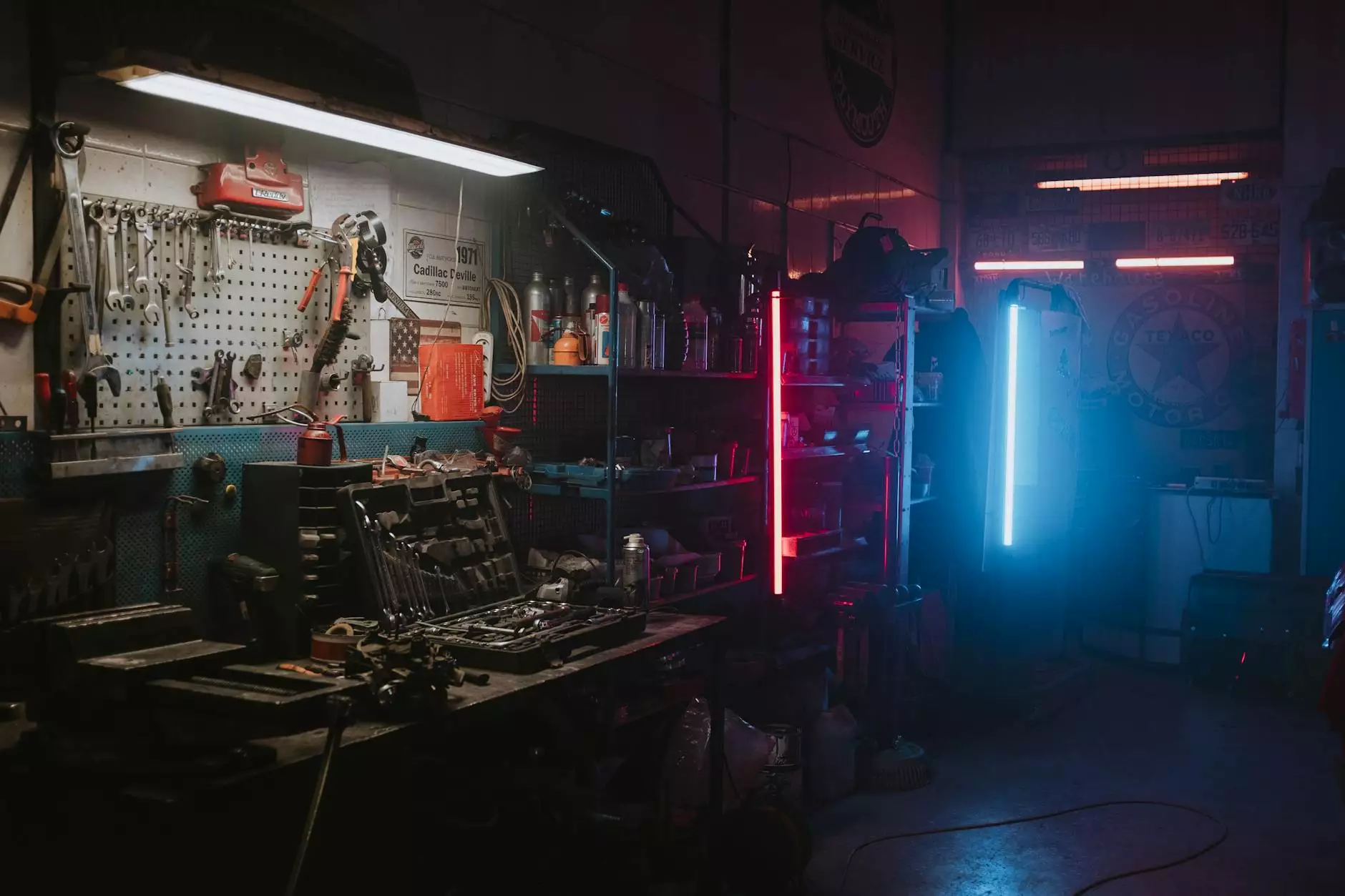The Profound Impact of nancara on Business, Music, and Cultural Entrepreneurship

In the rapidly evolving landscape of the music industry, innovative concepts and cultural philosophies often serve as catalysts for growth and transformation. One such powerful idea is nancara, a term rooted in the rich linguistic and cultural traditions of the Mapuche people from Chile and Argentina. As a meaningful word in the Mapudungun language, nancara embodies concepts of connection, community, and mutual growth, which hold immense potential for modern business ventures within the music sector. This comprehensive article explores how nancara can be harnessed to revolutionize the way musicians and music venues operate, fostering sustainable, culturally rich, and authentic businesses.
Understanding nancara: Origins and Cultural Significance
To fully appreciate the transformative potential of nancara, it is essential to understand its origins and cultural context. Rooted in the language of the Mapuche, one of the indigenous peoples of southern South America, nancara encompasses a sense of interconnectedness and reciprocal relationships. It is often associated with communal support, shared knowledge, and mutual respect—values that are increasingly relevant in today's interconnected world.
Historically, nancara has been a principle guiding social interactions, emphasizing that individual well-being is tied to the well-being of the community. In the context of music and business, this philosophy encourages stakeholders to foster genuine relationships, promote cultural heritage, and build sustainable ecosystems where all participants thrive.
Applying the Philosophy of nancara to the Music Industry
Building Authentic Connections Among Musicians
At the core of nancara is the idea of interdependence. In the modern music industry, this translates to nurturing authentic collaborations among artists, producers, and sound engineers. By embracing the nancara approach, musicians can create a supportive network that encourages artistic growth and shared success.
- Collaborative Projects: Emphasizing joint albums, tours, and community performances that benefit all parties.
- Mentorship Programs: Experienced musicians guiding emerging artists, fostering skill transfer and cultural preservation.
- Shared Resources: Pooling equipment, studios, and expertise to reduce costs and enhance creative output.
Enhancing Music Venues with nancara-Based Communities
Music venues are more than just locations for performances—they are cultural hubs. Implementing nancara principles means developing venues that promote community engagement, local culture, and mutual support. This could involve hosting community-driven events, supporting local artists, and fostering spaces where audiences and performers connect on a deeper level.
- Cultural Showcases: Highlighting indigenous and marginalized musical traditions to preserve cultural identity.
- Community Workshops: Educational sessions that promote musical skills and cultural understanding.
- Sustainable Business Practices: Eco-friendly operations that respect local environments and communities.
The Business Advantages of Adopting nancara Principles
Fostering Loyalty and Community Trust
Companies that adopt nancara-driven philosophies can build loyal customer bases by emphasizing trust, authenticity, and shared cultural values. These attributes resonate deeply with audiences seeking genuine experiences, leading to increased patronage and a competitive edge.
Creating Sustainable Revenue Streams
By prioritizing community engagement and authentic relationships, music businesses can develop diversified income sources, such as community memberships, live events, merchandise rooted in local culture, and educational programs. This diversified approach helps mitigate risks associated with market fluctuations.
Strengthening Cultural Identity and Market Differentiation
Embedding nancara into business models allows musicians and venue owners to distinguish themselves as authentic cultural ambassadors. Leveraging indigenous and local cultural elements not only enriches artistic offerings but also appeals to global audiences seeking unique, meaningful experiences.
Implementation Strategies for Businesses Leveraging nancara
Integrating Cultural Heritage into Business Branding
Successful implementation begins with branding that authentically reflects the values of nancara. This includes incorporating indigenous symbols, storytelling, and language into marketing materials, websites, and event themes—such as on the platform open.music-worx.com.
For example, using indigenous-inspired artwork and narratives can create a compelling identity that attracts audiences interested in cultural tourism and immersive experiences.
Developing Community-Centric Music Initiatives
Initiatives such as community concerts, artist residencies, and cultural festivals can foster nancara-aligned relationships. Collaborate with local organizations, indigenous groups, and educational institutions to ensure initiatives are impactful and respectful of cultural traditions.
Fostering Inclusive and Equitable Business Practices
Ensure that all facets of the business prioritize inclusion, equity, and cultural respect. This entails fair compensation for artists, transparent operations, and creating spaces where marginalized voices are amplified. These practices promote a sustainable and ethical business model aligned with the core values of nancara.
The Role of Technology in Promoting nancara in Business
In the digital age, technology can facilitate the spread of nancara-based principles across networks and borders. Platforms like open.music-worx.com are instrumental in connecting musicians, venues, and audiences globally. These platforms enable:
- Online Collaboration: Facilitating remote partnerships rooted in mutual respect and shared goals.
- Virtual Events and Livestreams: Promoting cultural exchange and community participation regardless of geographic limitations.
- Educational Content: Sharing indigenous and local musical traditions, fostering cultural understanding and preservation.
Case Studies: Successful nancara-Inspired Music Businesses
Community-Based Music Festivals
Across South America, several festivals exemplify nancara-based philosophies. These events emphasize local participation, indigenous heritage, and cultural storytelling. They create economic opportunities for local artisans and musicians, while fostering communal pride and sustainability.
Indigenous and Cultural Music Initiatives
Various projects have successfully integrated nancara principles by partnering with indigenous communities, ensuring that cultural representations are authentic and respectful. These initiatives often result in increased visibility and economic empowerment for marginalized groups.
Conclusion: Embracing nancara for a Harmonious Business Future
The concept of nancara offers a compelling blueprint for transforming the music industry and related businesses by fostering genuine connections, cultural integrity, and sustainable growth. As technology continues to bridge geographical divides, adopting these indigenous principles can lead to innovative, respectful, and profitable ventures that honor cultural diversity and community resilience.
Businesses that integrate nancara into their core values will not only stand out in a crowded marketplace but also contribute to social cohesion and cultural preservation. Whether you are a musician, venue owner, or part of the broader music ecosystem, embracing nancara can anchor your efforts in meaningful, long-lasting success.









